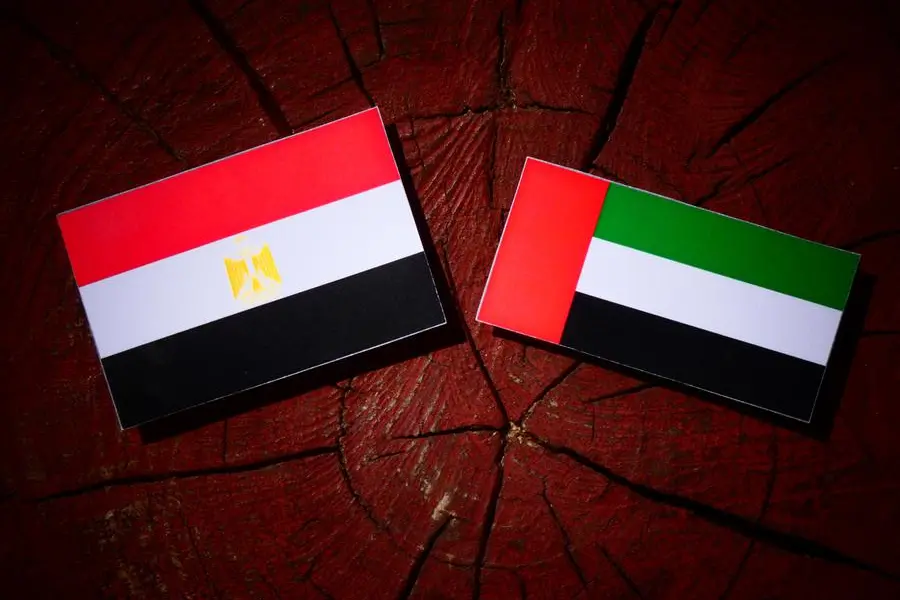PHOTO
Dr. Hala Elsaid, Minister of Planning and Economic Development of Egypt, lauded the UAE’s active role in serving regional and international issues, stressing that this is not new for the UAE and its leadership, as it has been constantly supporting comprehensive development, including the adoption of many proactive policies that have helped achieve scientific and social progress in environmental conservation and renewable energy.
It has also simultaneously made efforts to tackle regional and international economic and development issues, fulfilling its role in addressing them, she added.
In her statement to the Emirates News Agency (WAM), Elsaid said the UAE's hosting of COP28 is a testament to this role, noting that along with Egypt's hosting of the previous COP, this reflects the active role of the Arab region in international political dialogue, and reaffirms the region's importance to aligning international efforts to address major developmental issues and challenges, most notably climate change.
“There is no doubt that the UAE will build on the outcomes of COP27 held in Sharm El Sheikh, where Egypt succeeded in making progress in promoting the global dialogue on climate issues by bringing together 197 countries to discuss these issues. Additionally, all international coalitions agreed on climate action requirements, successfully reaching an international consensus on establishing a fund to compensate for the losses and damage caused by climate change. The UAE has proven on multiple occasions its commitment to building upon the outcomes of COP27 and enhancing the leading stature of Arab countries and their climate goals,” she noted.
“The Arab region contains 14 of the 20 countries suffering most from water stress globally, as the region's annual internal water resources account for only six percent of average annual rainfall compared to a global average of 38 percent. Meanwhile, the overexploitation of natural resources in the region has led to severe environmental degradation, in addition to a heavy reliance by rural populations on subsistence agriculture and pastoralism, which are vulnerable to climate change, making their livelihoods susceptible to climate variability and water scarcity,” she added.
Elsaid also highlighted international concerns that emerged in response to climate change-related challenges, which forced the international community, at the end of the last century, to engage in discussions on how to confront the risks of climate change and build a better future for people and countries, noting that international dialogue on this issue has been active since 1997 through the Kyoto Protocol and renewed discussions in the Paris Agreement in 2015.
She then expressed her confidence that the UAE will play a pivotal role in continuing the consultative dialogue of the international community to reach recommendations that will help address environmental issues, especially as the conference in Dubai will witness the first Global Stocktake, and raising ambitions for overall progress, including supporting the countries most vulnerable to climate change, defining adaptation measures, and addressing losses and damage.
Elsaid also underlined the need for the summit in Dubai to address the shortfall in adapting relevant efforts. "Developed countries have not made significant progress in meeting their commitments as part of the Glasgow Climate Pact to double adaptation financing from 2019 levels by 2025. A roadmap for implementing this goal has not been agreed upon as planned," she added.
"We also look forward to the summit in Dubai finalising the measures taken to generate effective reforms in climate financing, which have been at the forefront of negotiations during the last two editions, especially as developing countries continue to express serious concerns about the failure of developed countries to meet their obligations to provide US$100 billion annually, despite the growing need for financing,” she said in conclusion.





















